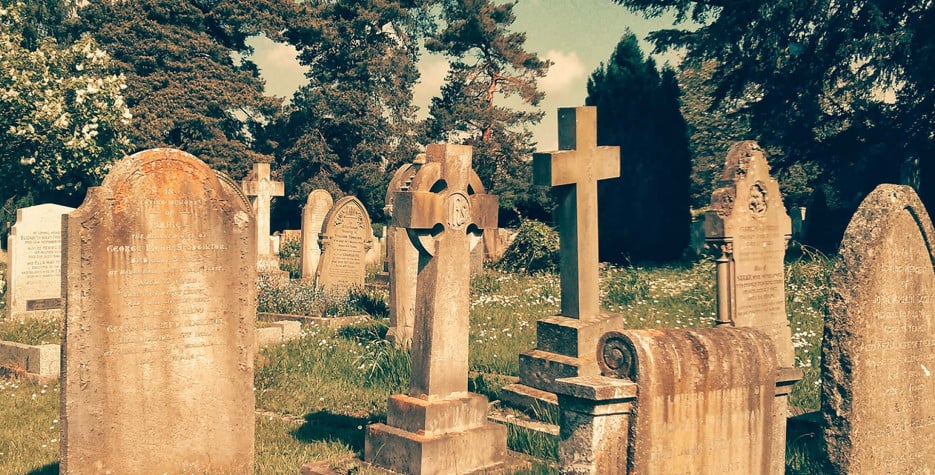When is All Souls' Day?
This day is celebrated on November 2nd.
All Souls' Day follows All Saints' Day and is also called the Feast of All Souls, Defuncts' Day (in Hungary, France, Italy, and Ecuador), Day of the Dead (Mexico) or Commemoration of the Faithful Departed.
What is All Souls' Day?
It is a day when Roman Catholics and Anglo-Catholic churches commemorate the 'faithful departed'.
The aim is to remember and pray for the souls of those who are in Purgatory - a place in which those who have died to atone for minor sins before being granted the vision of God in Heaven.
Catholics believe that the soul of a person can go to Heaven, the Netherworld or Purgatory.
Those in purgatory are deemed still to be members of the church and must suffer to cleanse any outstanding sins. The prayers and the offering of Requiem Mass assist in easing their suffering.
Within the Christian tradition, All Souls' Day was popularised by French monks who designated a specific day for remembering and praying for those in purgatory in 998AD. This started as a local feast but gradually spread throughout the Catholic Church during the following century.
All Soul's Day and Purgatory
According to legend, the origin of All Souls Day is given by an 11th century Benedictine Monk, Peter Damiani, in his “Life of St Odilo” where a pilgrim meets a hermit after landing on a deserted island after a storm. The hermit informed him of a chasm communicating with Purgatory where continuous groans of tortured souls could be heard. The hermit continues to tell of demons complaining about the efficiency of prayers to help rescue the victims of Purgatory from the faithful and the monks of Cluny in particular. After the abbot of Cluny heard the pilgrim’s story, he set Nov. 2 as a day of intercession on the part of his community for all the souls in Purgatory.
The Eastern Orthodox Church observes several All Souls' Days during the year.
Festivals of the Dead at this time of year can be shown to have a Pagan origin, with festivals appearing in cultures as diverse as Peru, the Pacific Islands, ancient Egypt, Japan and northern Europe. Indeed, Halloween can be said to derive from this tradition. The timing of the festivals is likely to have a relationship with the Autumnal Equinox. To this day in Japan, elements of the Autumnal Equinox holiday involve paying respects to the dead.
The Pagan belief was that the souls of the dead would return for a final meal with the family and placing candles in the window of houses would guide the souls back home, and another place was set at the table.
All Souls' Day around the world
In Belgium and Luxembourg, this holiday is observed but is not a public holiday.
Germany
In Germany, Catholics mark All Souls Week from October 30th to November 8th. During this time a tradition is to ensure all knives are hidden away, so any spirits visiting for All Souls do not injure themselves.
Austria
Some Austrians may honour their dead relatives by leaving a light on during the night and leaving out bread and water for the spirits.
Hungary
In Hungary, there are some All Souls' traditions that developed to avoid disturbing the dead. Washing clothes was forbidden in case the spirit would stand in the water and turn the clothes yellow. Sewing was also forbidden as every stitch could be inadvertently stabbing the spirits.
Italy
On All Souls’ Day (Italian: la commemorazione dei defunti) in Italy a traditional treat is 'fave dei morti'. In Ancient Roman times, it was thought that black broad beans symbolised the souls of the dead. The beans were a part of funeral rights and were thrown over the shoulders of mourners to honor the dead. In Perugia, this gave rise to the custom of baking cookies called 'fave dei morti'.


